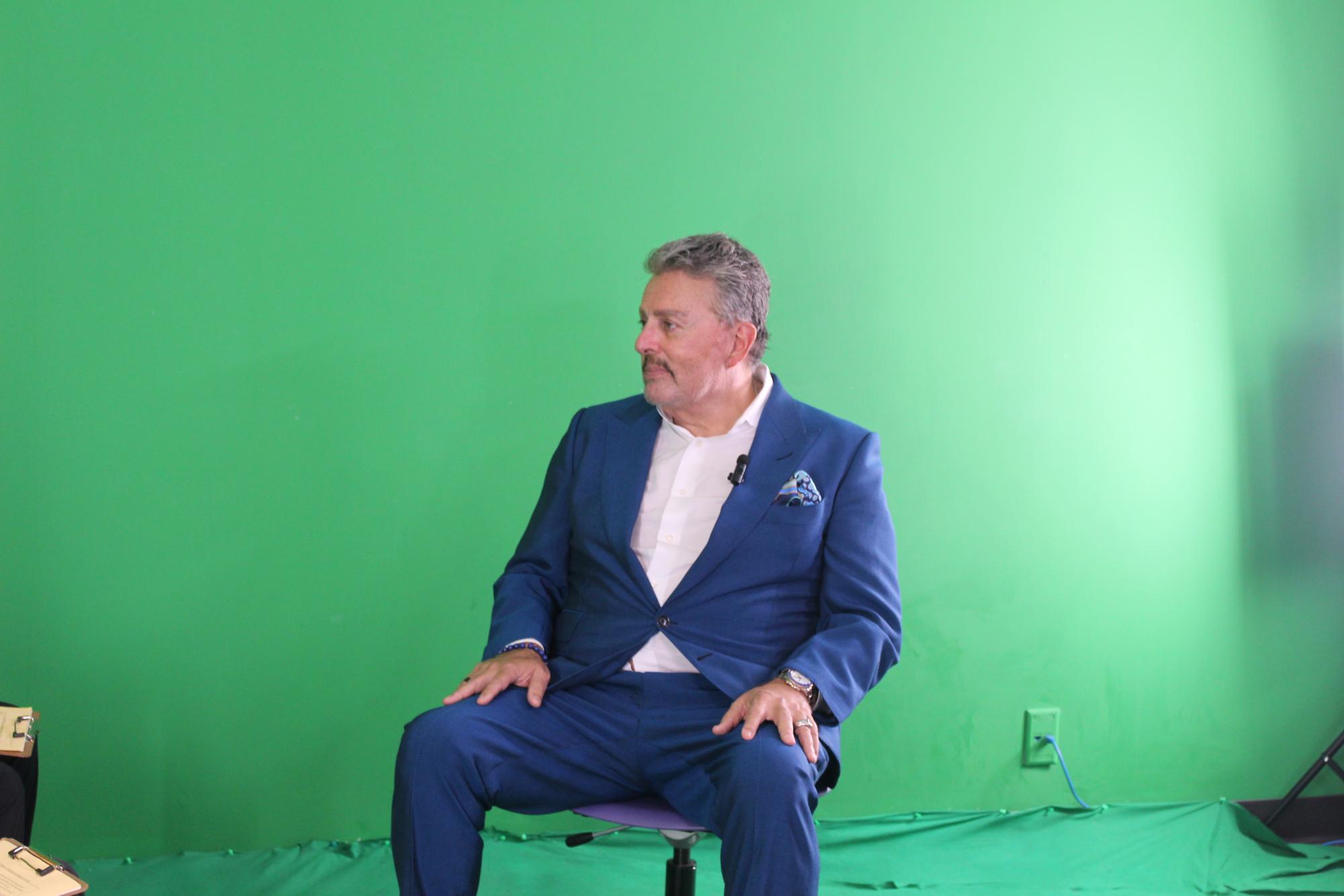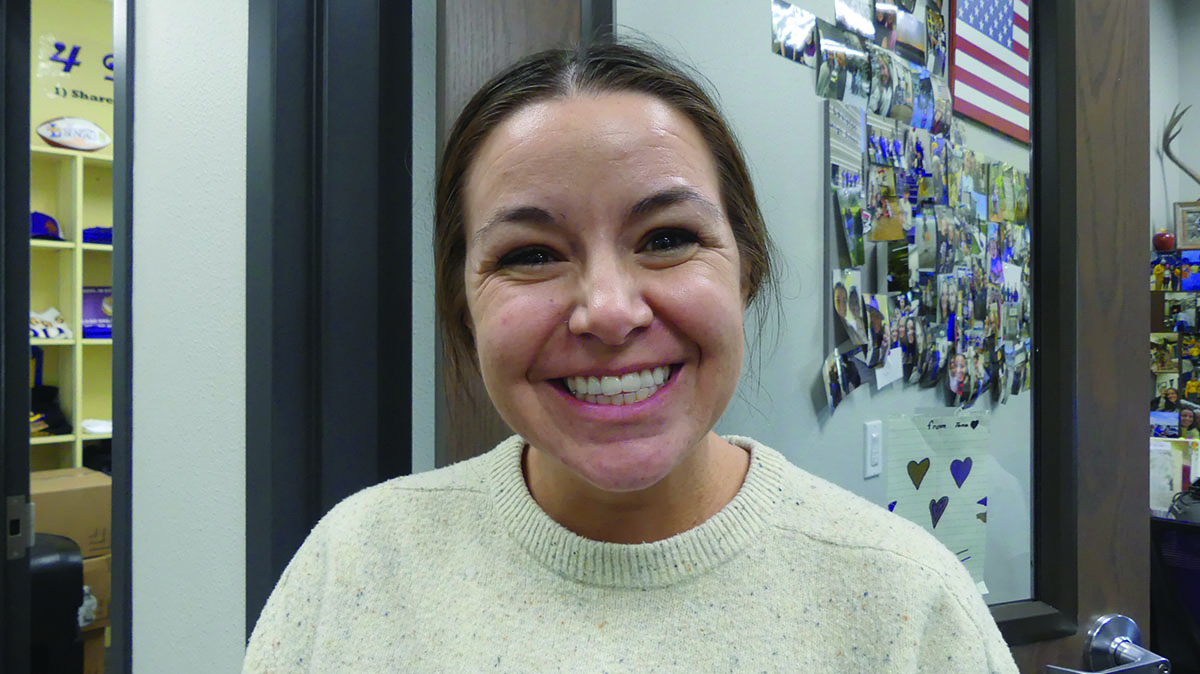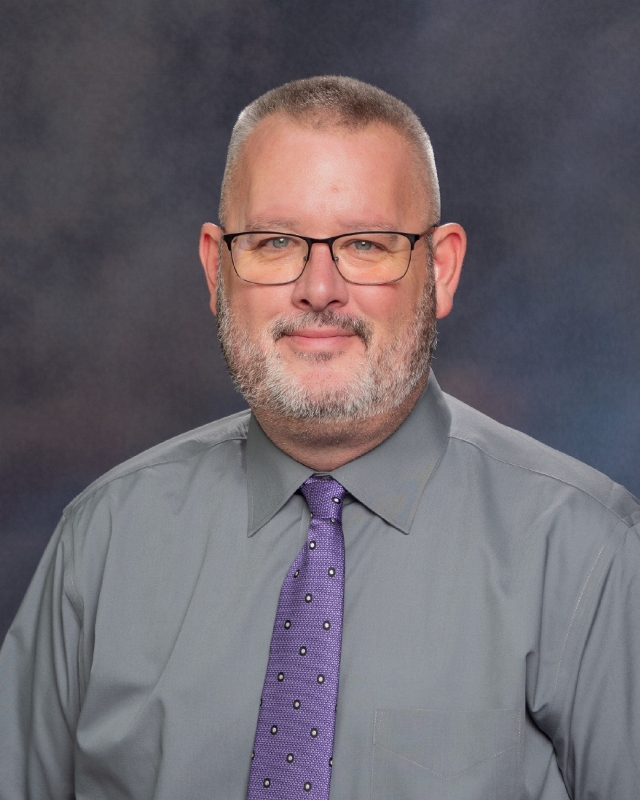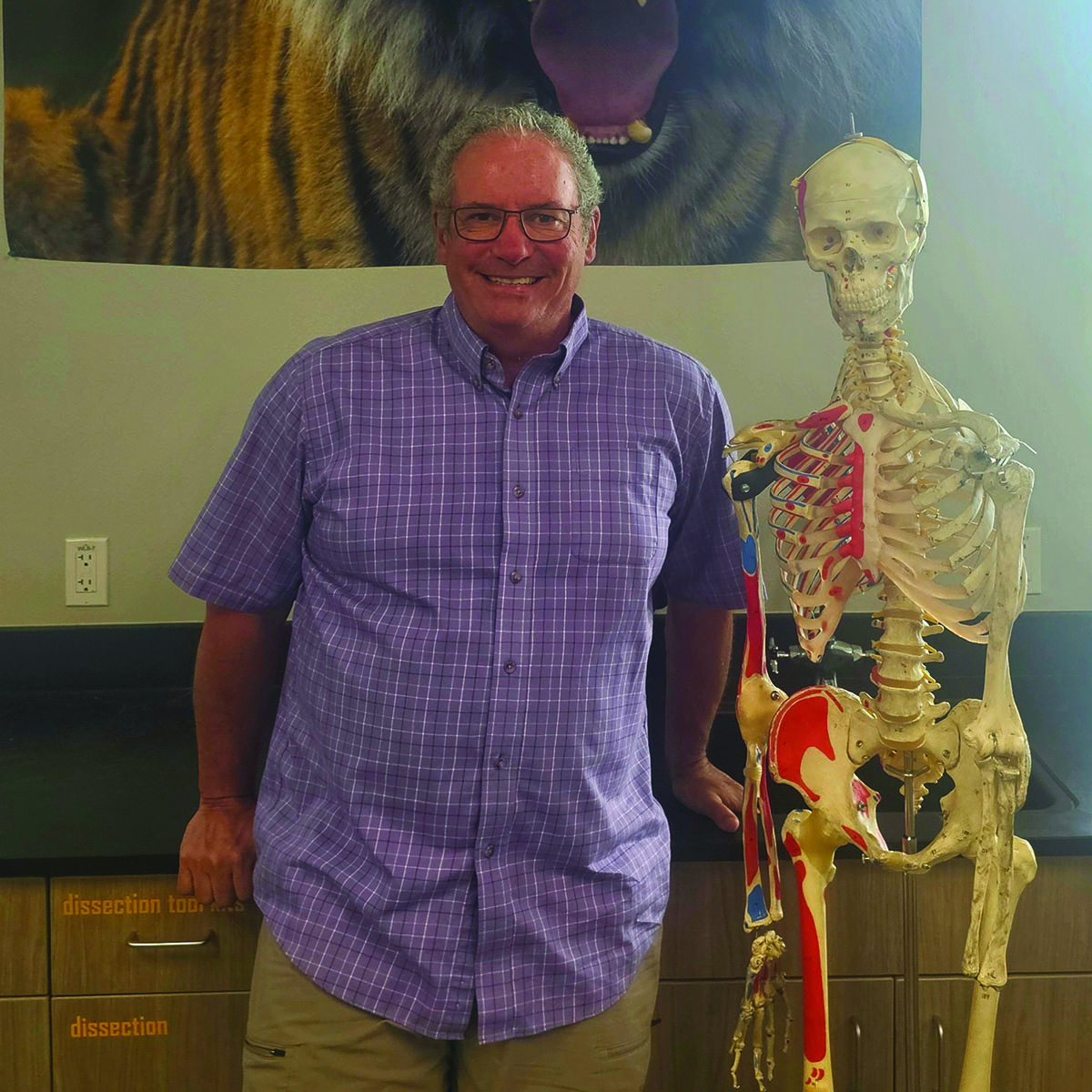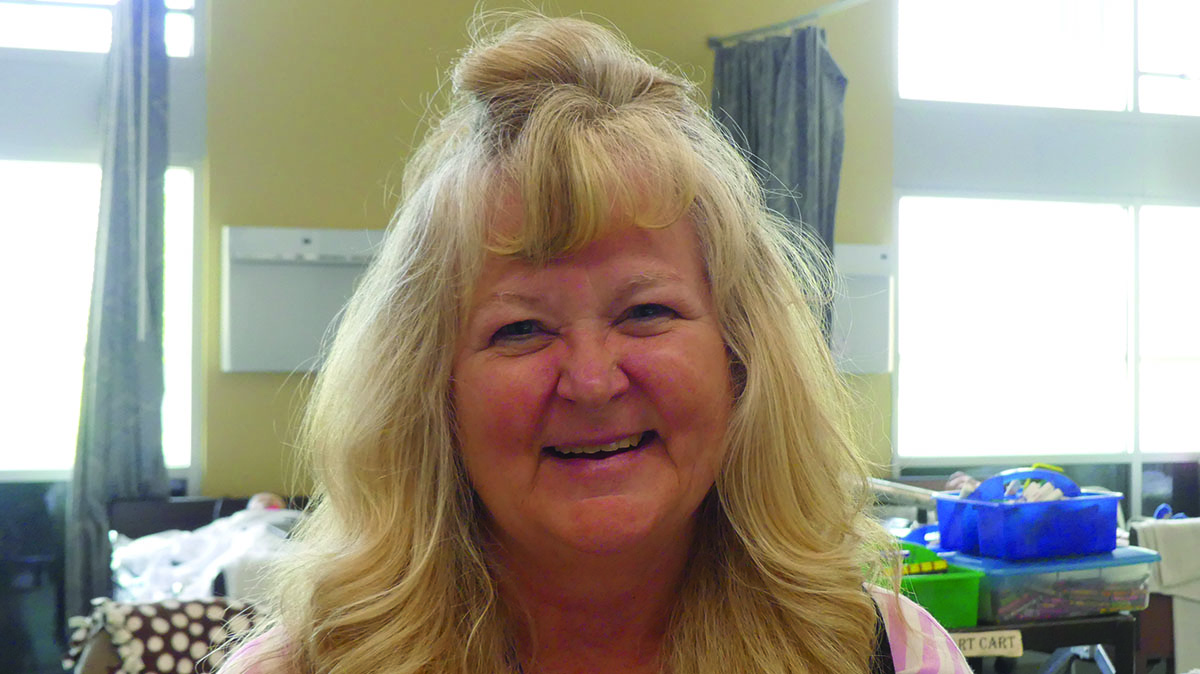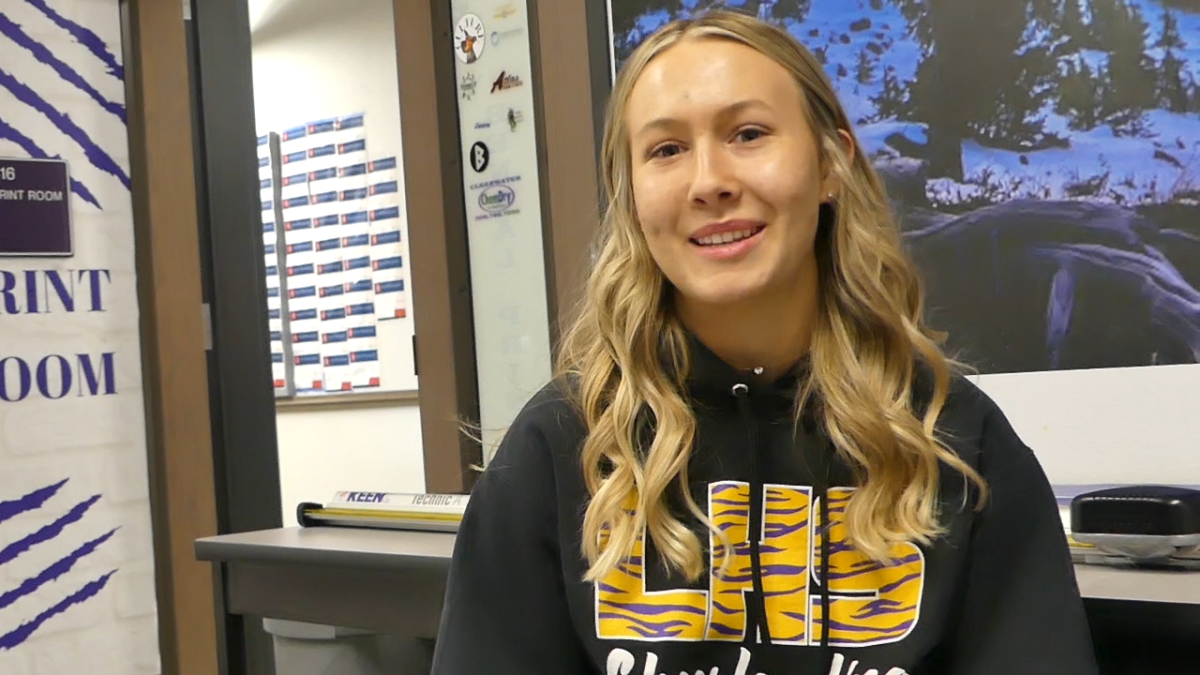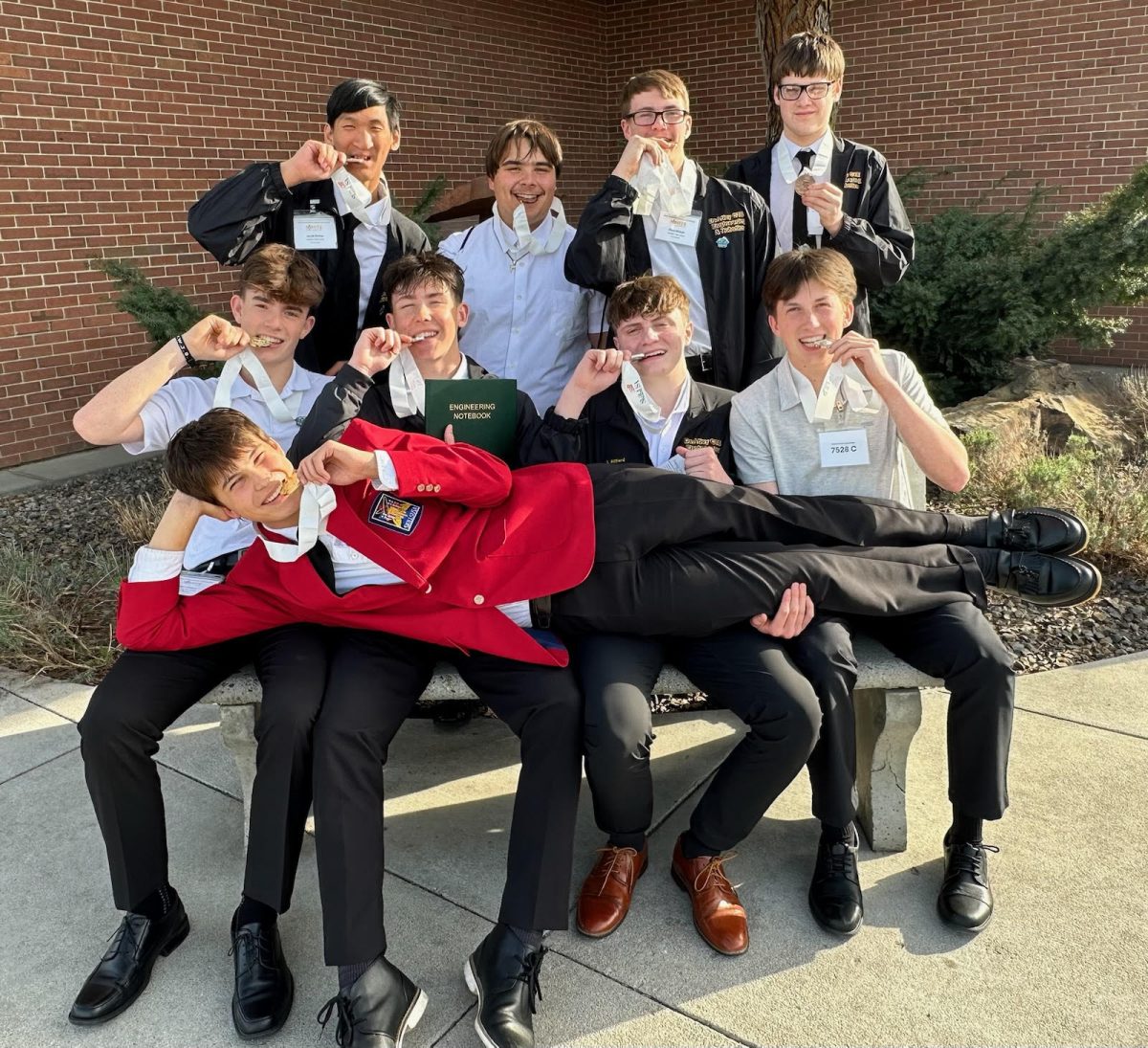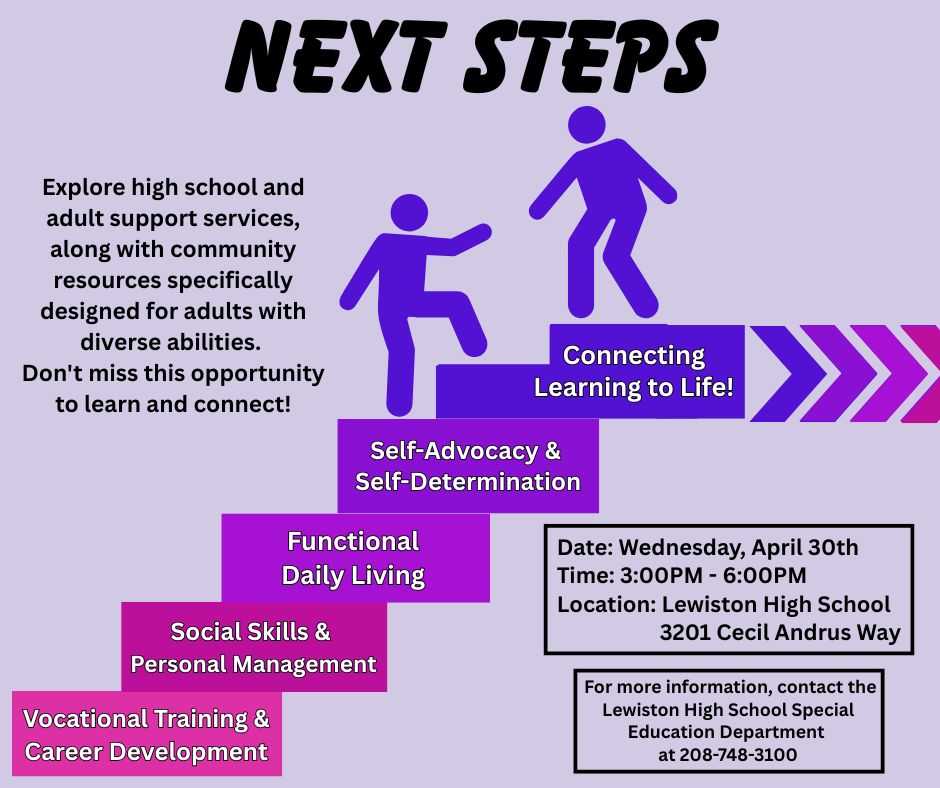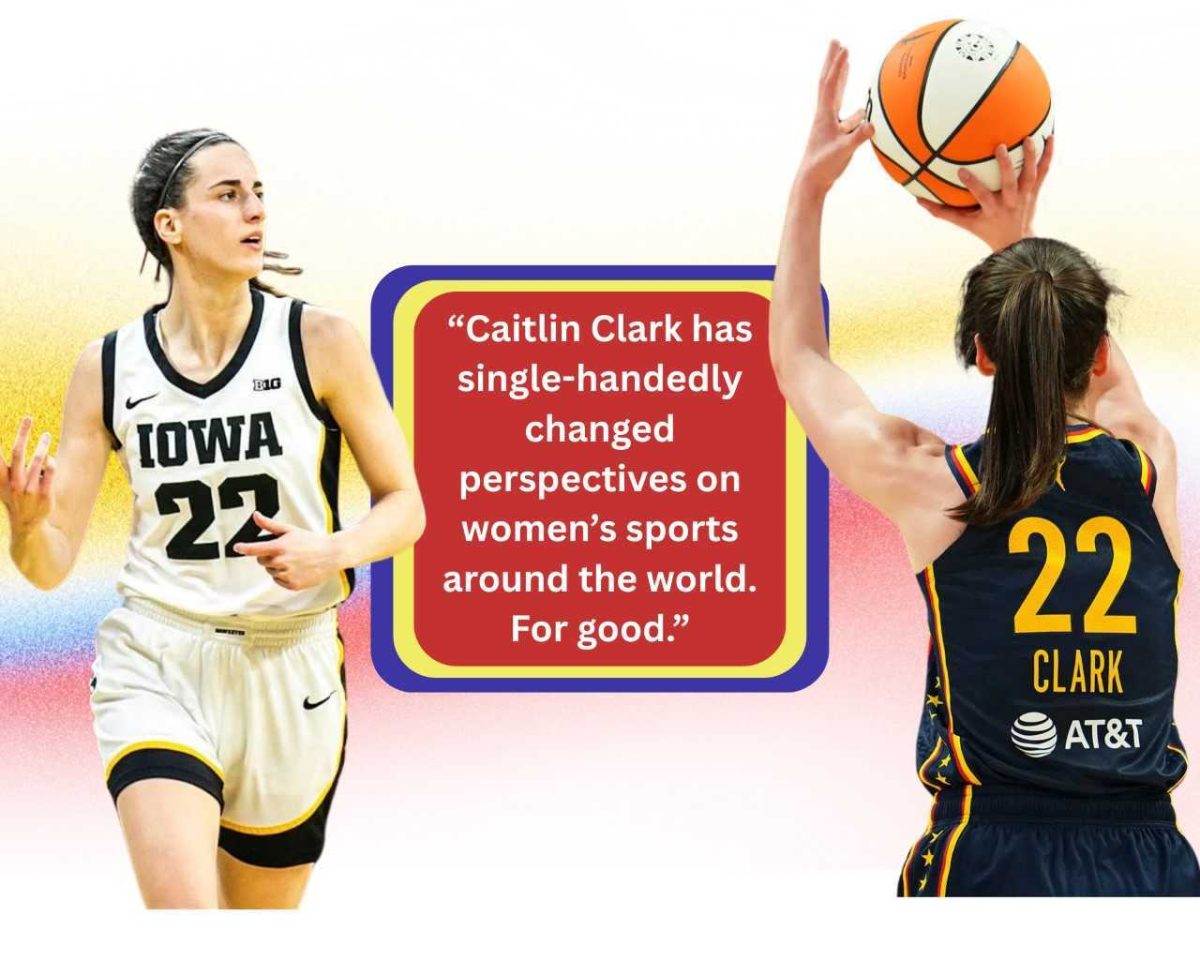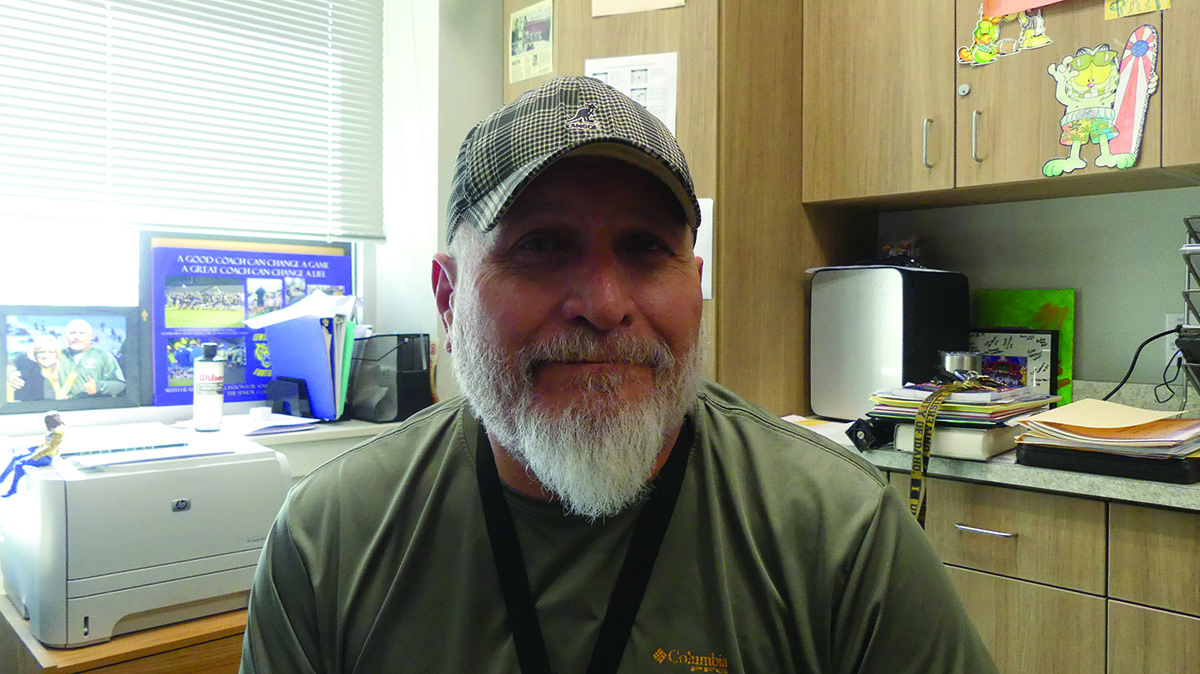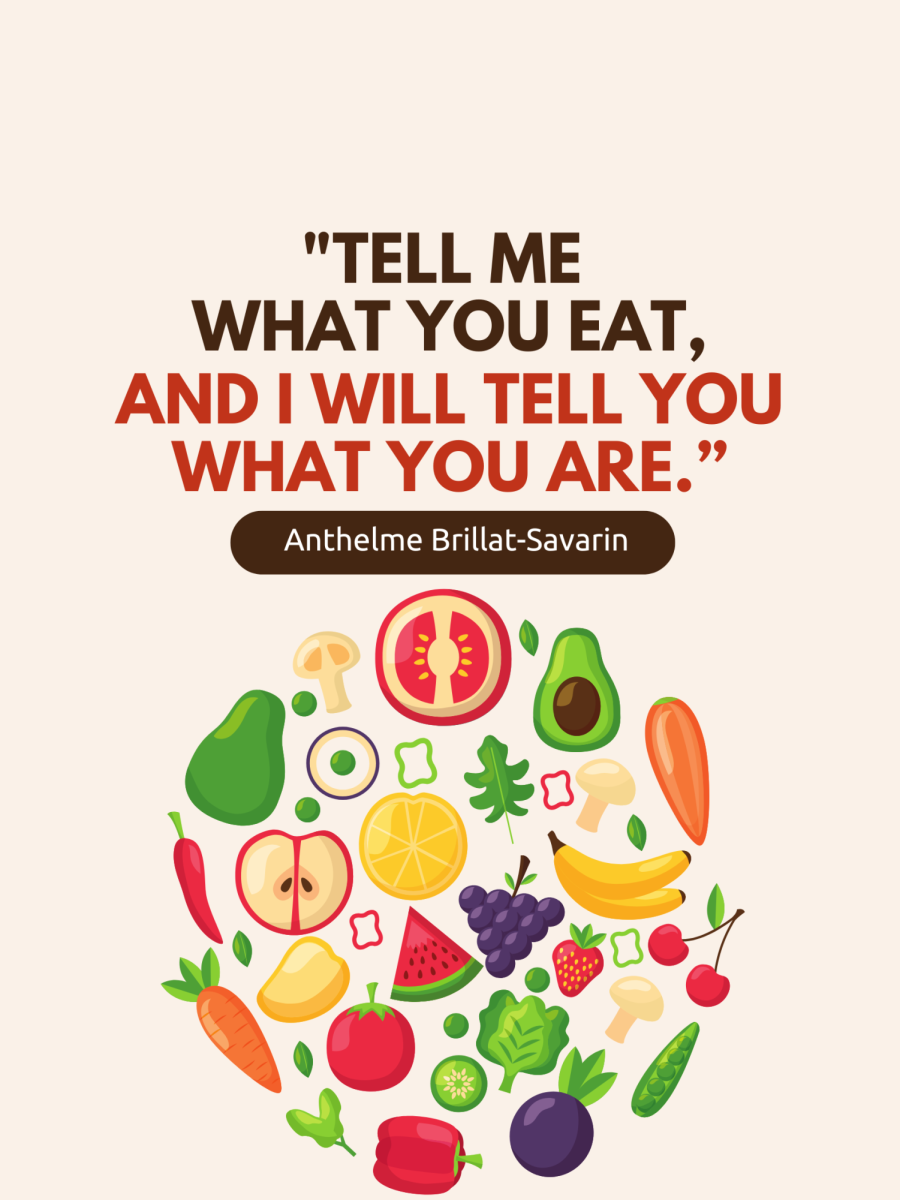LHS alumnus Dwayne J. Clark has made a name for himself with Aegis Living, a multiple-property, upscale assisted living company based in Bellevue, WA., which is estimated to have $2.5 billion in assets, but before this wealth, he had humble beginnings. Clark had a rough childhood, being raised by a single immigrant mother in the Inland Pacific Northwest, living in Kennewick until he moved to Lewiston in the second grade. His mother struggled to provide for him and his siblings, having to steal from her job to feed her family.
Clark was the major donor of the new Bengal statue erected by the main doors on Oct. 19, 2023, following a speech Clark gave to juniors and seniors at LHS. Clark donated around $50,000 toward the project.
Bengal’s Purr: You have many foundations, including the Clark Family Legacy Foundation D-One, and you’ve helped a lot, for example, with Pope Francis’s Galileo Foundation. What drives you to help the public?
Dwayne Clark: Well, you know, there’s whether Kennedy quoted it or a Bible verse that ¨too much is given to is expected¨. So I think when you’re fortunate about having things, you have an obligation to get back, right? And I, I’ve been blessed many, many times, from a poor kid here in Lewiston, Idaho to, you know, a guy that runs a major company and a variety of companies I feel fortunate that I’ve been blessed. You know, one of the things is you feel responsibility.
BP: How has your adult life been shaped by your experiences here in Lewiston growing up?
DC: Well, I think I’ve talked a lot about that today. You know, I mean, a kid coming from poverty. I mean, it’s one of the reasons I created a foundation called potato soup foundation, because we never wanted anyone who had I knew to work for me to go hungry. So we provide emergency support, and shelter and counseling and everything else through that foundation. So a lot of that, you know, through pain comes opportunity. And so, if I can have my pain give somebody else opportunity, that›s incredible.
BP: What is your advice to high schoolers who might be going through similar things to what you experienced when you were younger?
DC: Well, you know, one of the reasons I gave that speech is because, as I said, I wanted to
motivate one person. But, you know, as I said in my speech it doesn’t matter how you grew up if you had a two-parent household or one-parent household, and you didn’t do great in school, you rent your opportunity to their limits, especially today, you know, you can go on the internet, and you can learn 50 different things in two weeks, right? And we didn’t have those kinds of things, we had to go to the library and pull books, right? And so the speed at which you learned is astronomical. And, you know, when people come and tell me, you know, like, when I wrote my first book, they’re like, oh, you can’t write a book. What do you know about writing a book? I always take that negative criticism as an endorsement that I’m going to be incredibly successful. Oh, thank you for saying that. Because now I’m going to kick butt, I’m going to kill it. So whenever somebody says something negative to you, again, it goes back to what you think what do you let in your brain? Right? So I took that negativity and I used it as rocket fuel to promote whatever I wanted to. Oh, thanks. You said I couldn’t do that. I can’t wait to show you how to do this, right? So realize that you don’t really have limits and that you can do whatever you want. You can be whoever you want to have whatever career you want. The only limits are right here (pointed to head).
BP: So, our next question is, what is your advice to kids struggling in school thinking of dropping out?
DC: I think education is very different now than it was when I was in high school, I think you can be some kind of you can be a creative director, can be a movie producer you can be, but you have to pursue something. Just like, you’re not going to drop out and sit at home and play video games all day, right? That’s not going to that’s not going to grow your brain. If you’re passionate about something, and you have that curiosity have that confidence. You can take alternative routes to get there. You better find a great mentor, you better have parents who believe in you, you better figure out how you’re going to afford to live, right? But you just don’t drop out of society to maybe take an unconventional route.


